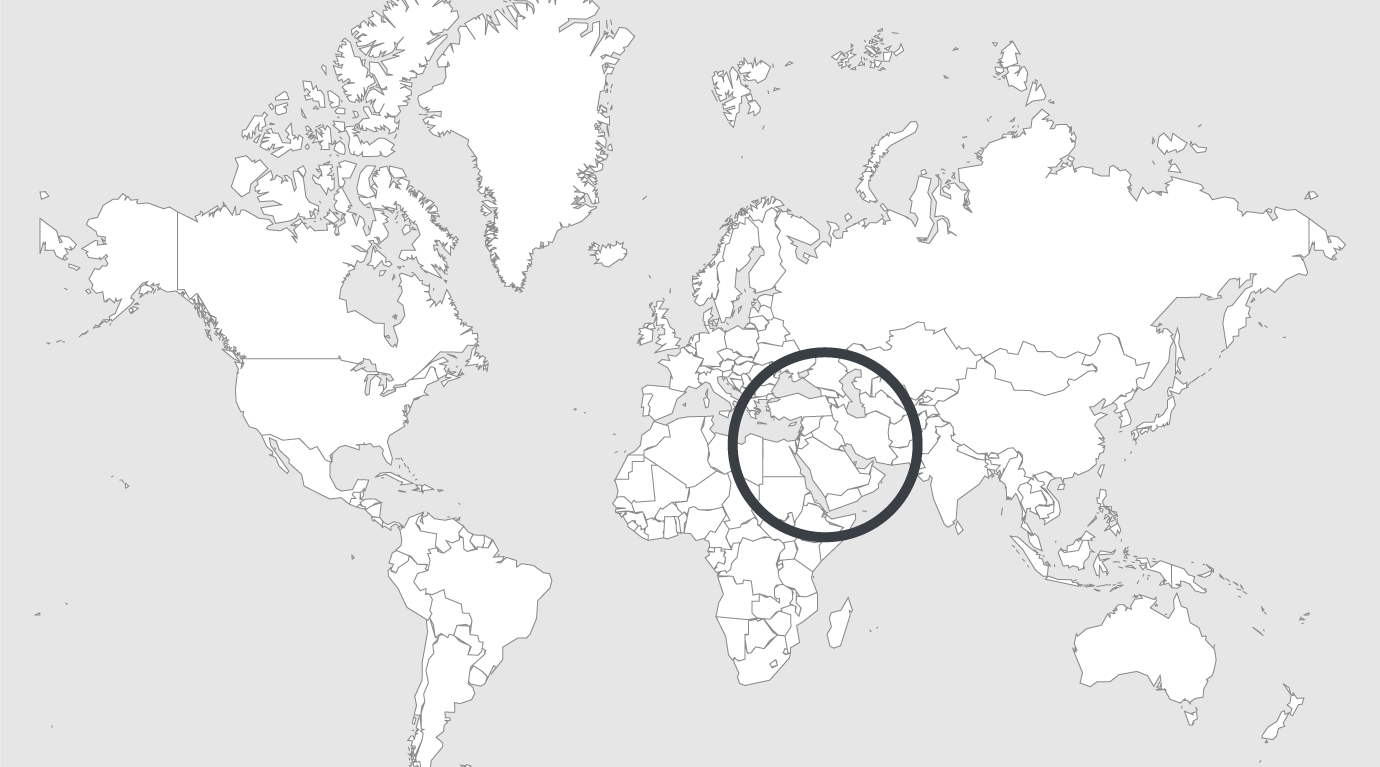
Explore
Why we are on hunger strike in Israel’s prisons
Having spent the last 15 years in an Israeli prison, I have been both a witness to and a victim of Israel’s illegal system of mass arbitrary arrests and ill-treatment of Palestinian prisoners. After exhausting all other options, I decided there was no choice but to resist these abuses by going on a hunger strike.
Some 1,000 Palestinian prisoners have decided to take part in this hunger strike, which begins today, the day we observe here as Prisoners’ Day. Hunger striking is the most peaceful form of resistance available. It inflicts pain solely on those who participate and on their loved ones, in the hopes that their empty stomachs and their sacrifice will help the message resonate beyond the confines of their dark cells.
Decades of experience have proved that Israel’s inhumane system of colonial and military occupation aims to break the spirit of prisoners and the nation to which they belong, by inflicting suffering on their bodies, separating them from their families and communities, using humiliating measures to compel subjugation. In spite of such treatment, we will not surrender to it.
Israel, the occupying power, has violated international law in multiple ways for nearly 70 years, and yet has been granted impunity for its actions. It has committed grave breaches of the Geneva Conventions against the Palestinian people; the prisoners, including men, women and children, are no exception.
I was only 15 when I was first imprisoned. I was barely 18 when an Israeli interrogator forced me to spread my legs while I stood naked in the interrogation room, before hitting my genitals. I passed out from the pain, and the resulting fall left an everlasting scar on my forehead. The interrogator mocked me afterward, saying that I would never procreate because people like me give birth only to terrorists and murderers.
A few years later, I was again in an Israeli prison, leading a hunger strike, when my first son was born. Instead of the sweets we usually distribute to celebrate such news, I handed out salt to the other prisoners. When he was barely 18, he in turn was arrested and spent four years in Israeli prisons.
The eldest of my four children is now a man of 31. Yet here I still am, pursuing this struggle for freedom along with thousands of prisoners, millions of Palestinians and the support of so many around the world. What is it with the arrogance of the occupier and the oppressor and their backers that makes them deaf to this simple truth: Our chains will be broken before we are, because it is human nature to heed the call for freedom regardless of the cost.
Israel has built nearly all of its prisons inside Israel rather than in the occupied territory. In doing so, it has unlawfully and forcibly transferred Palestinian civilians into captivity, and has used this situation to restrict family visits and to inflict suffering on prisoners through long transports under cruel conditions. It turned basic rights that should be guaranteed under international law — including some painfully secured through previous hunger strikes — into privileges its prison service decides to grant us or deprive us of.
Palestinian prisoners and detainees have suffered from torture, inhumane and degrading treatment, and medical negligence. Some have been killed while in detention. According to the latest count from the Palestinian Prisoners Club, about 200 Palestinian prisoners have died since 1967 because of such actions. Palestinian prisoners and their families also remain a primary target of Israel’s policy of imposing collective punishments.
Read full article.
